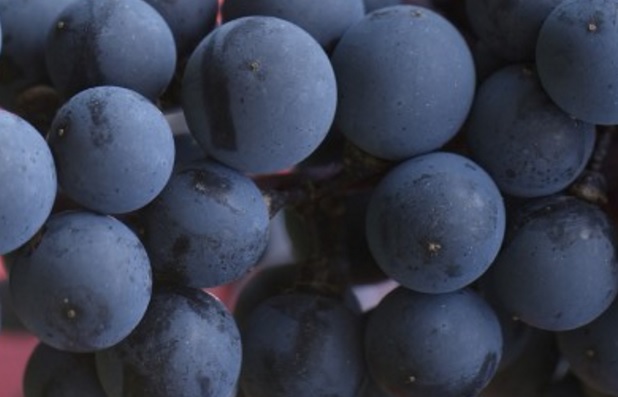By Andy Young
The Federal Government, after consultation with a cross section of Australia's alcohol industry, has today amended its decision in the May budget to reduce the WET rebate cap in two stages from $500,000 to $290,000.
The rebate cap will now be $350,000 and will be coupled with a $100,000 grant scheme focusing on investment at the cellar door. These changes will take effect from 1 July 2018.
The changes have been largely welcomed by the industry with Tony Battaglene, CEO of the Winemakers Federation of Australia, which has coordinated the national negotiations, saying that the wine industry throughout Australia has fought long and hard for reform of the WET rebate eligibility criteria.
“Today’s decision will put an end to uncertainty and put the industry in a stronger long-term position,” Battaglene.
“The return of integrity to the WET rebate was the main consideration for WFA. The measures announced today deliver on that need.
“An outcome of a cap at $350,000, combined with the acceptance of industry’s eligibility definitions, and the $100,000 grant scheme, is significantly better than the Budget 2016 outcomes and provides a platform for future growth. The revised eligibility criteria also strengthens the industry by recognising alternative business models including emerging winemakers who are making their start.”
Two of Australia’s leading winemakers, Treasury Wine Estates (TWE) and Pernod Ricard Winemakers (PRW) also welcomed the news, describing it as a step forward in delivering much needed reform; returning integrity to the WET rebate and ensuring it is focused on supporting genuine Australian winemakers.
Angus McPherson, Managing Director for ANZ, Treasury Wine Estates said: "In recent years, the WET rebate has been increasingly rorted and used in a way that has contributed to the industry’s structural oversupply, and negatively affected the profitability of many legitimate winemakers and grape growers."
"We welcome the Government’s decision to tighten eligibility for the rebate – to remove bulk and unbranded wine from 1 July 2018, and to target winemakers who have invested in the industry from the crush all the way through to the branded product," he added.
"These reforms are a necessary first step in WET reform, and will go a long way toward addressing the distortionary impacts of the current rebate,” said Helen Strachan, Legal and Corporate Affairs Director for Pernod Ricard Winemakers.
“We support a continuing focus on growing export demand for premium Australian wine, and are pleased that the Government has maintained its additional funding to Wine Australia."
President of the NSW Wine Industry Association Tom Ward said that the WET rebate is critical to rural and regional communities and jobs.
“The changes announced are a very positive outcome for small and medium winemakers and reflects industry calls for a re-focus of investment at the local level,” Ward said.
“Critically, the deferral of the rebate reduction to 1 July 2018 will allow the industry more time to adjust. The announcement of a grant scheme focusing on cellar doors is also seen as a positive step and we look forward to working with Government to ensure industry continues to benefit.”
Ward also praised the role played by Senator Anne Ruston in driving the consultation process.
“This is a complex issue with the potential to harm the industry," he added. “The announcement today is a good compromise and mitigates the overall impact of the changes on those wineries with investment in cellar Door. Wineries can now go into the 2017 vintage with a higher degree of certainty and confidence.”
The changes were also welcomed by Cider Australia after the Government said that its reforms would also restrict the Wine Equalisation Tax rebate to genuine cider businesses that sell branded Australian cider and perry.
Cider Australia president Sam Reid said the reforms acknowledge the local cider producers whose activities directly support rural and regional communities and drive diversity and ongoing growth in the Australian cider market.
“Once these reforms are enacted a cider business will need to own the apples and pears in a product from pressing through to the final packaging, in effect restricting ciders made from imported juice concentrate," said Reid.
“The reforms reflect Cider Australia’s view that the rebate should only be available to cider made from 100 per cent Australian juice that supports regional agricultural communities in Australia. It’s also a great opportunity for us to start a conversation about Australian Craft Cider, which we feel will be the next growth driver for the category.
“Cider Australia would like to commend Senator Ruston and her team for the consultative manner in which they have engaged the industry, ensuring a positive outcome for Australian growers and producers," Reid added.

